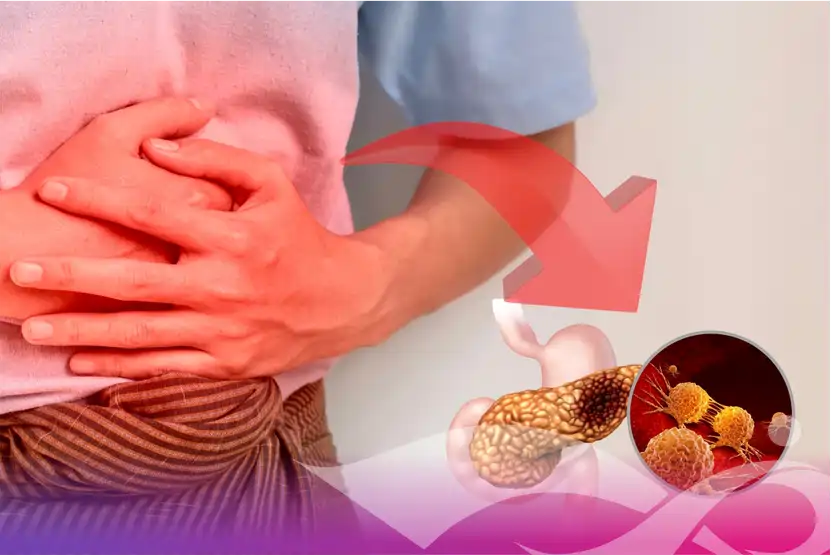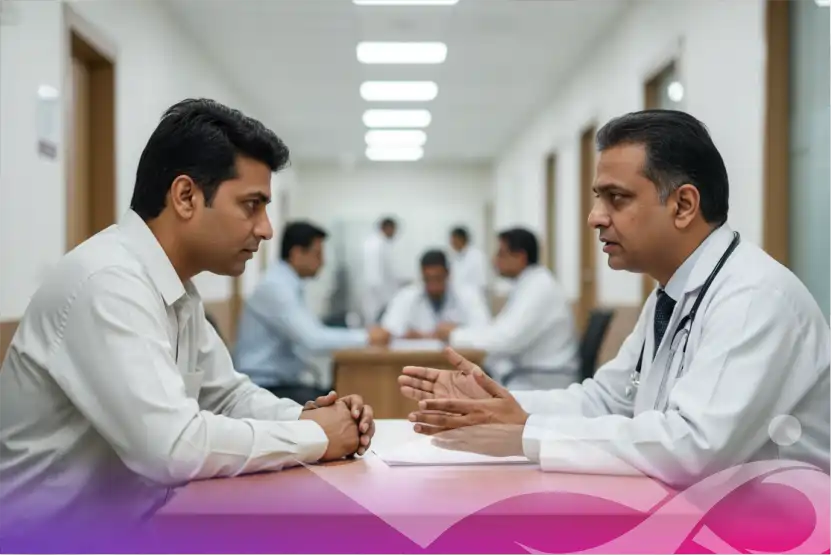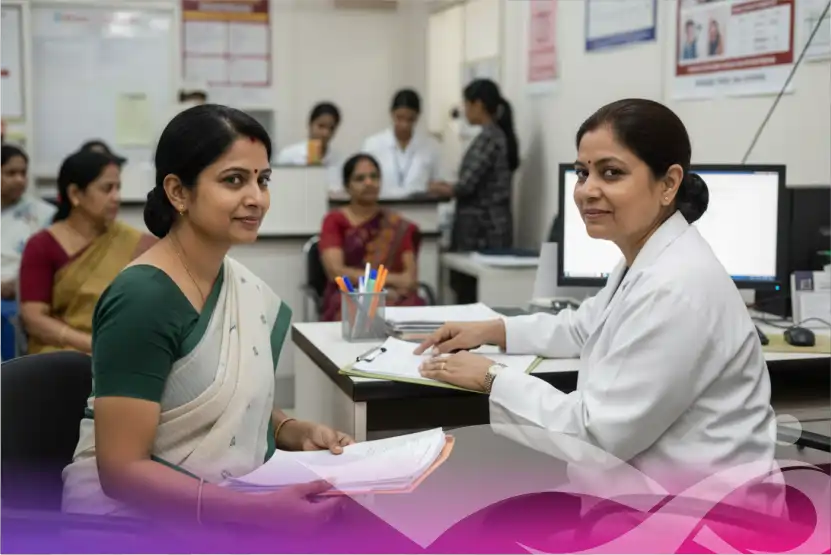Pancreatic and liver cancers are often called "silent killers" because they can grow and spread without showing any signs in their early stages. Because of this, it is hard but important to find them early to improve patient outcomes. We at the International Oncology Cancer Institute (IOCI) want to stress how important it is to pay attention to even the smallest changes in your body because they could save your life.
The Elusive Early warning signs of liver cancer
The liver is a strong organ that can often fix itself, which lets cancer spread without anyone noticing. When symptoms do show up, they can be vague and hard to tell apart from other, less serious illnesses. Thus one should be aware of the early warning signs of liver cancer that don't go away or get worse. Some examples are losing weight without trying, losing your appetite, and feeling weak or tired all the time, even when you rest. A lot of people also say they feel sick or throw up.
As the illness gets worse, the symptoms may become more clear. Important signs are pale stools, dark urine, and jaundice, which is when the skin and eyes turn yellow. Other signs that could happen are swelling in the legs or abdomen due to fluid buildup (ascites). Never ignore an enlarged liver that feels like a mass under the ribs or pain in the upper right abdomen or around the right shoulder blade. If you have these symptoms, you should rule out liver cancer right away, even though they could be caused by a number of liver diseases.
Showing the First Signs of Pancreatic Cancer
It's hard to find pancreatic cancer early through a physical exam because it often develops deep in the abdomen and is hard to spot. When it does show signs, they are usually not clear. One of the most common and often first Signs of Pancreatic Cancer is a dull, constant pain in the stomach that may spread to the back. This pain may come and go, and it often gets worse when you lie down or eat.
A lot of people also lose their appetite and weight without knowing why. Digestive problems like nausea, vomiting, indigestion, or fatty stools may happen because the tumour affects the pancreas's ability to make digestive enzymes. If the tumour blocks the bile duct, you may also get jaundice, dark urine, and pale stools, just like with liver cancer. The pancreas is important for controlling blood sugar, so new-onset diabetes or a sudden worsening of pre-existing diabetes may sometimes be an early sign. Blood clots, especially in the legs, can also be an unusual but important early sign in some cases. These symptoms that don't seem like a big deal should be taken seriously because the pancreas is hidden, especially if they get worse or don't go away.
Why Early detection saves lives in cancer
Because there aren't any clear early signs, regular checkups and being more aware of your own body are very important for both pancreatic and liver cancers. If you have any of the chronic symptoms listed above or risk factors like long-term diabetes, a strong family history of these cancers, chronic pancreatitis, or chronic liver disease (cirrhosis, for example), you need to talk to your doctor. Depending on what they think is wrong, they may suggest appropriate diagnostic tests, like imaging scans (ultrasound, CT, MRI), biopsies, or blood tests (like tumour markers).
At IOCI, we stress that Early detection saves lives in cancer, but the best way to get a timely diagnosis and successful treatment is to be on the lookout for new or persistent symptoms and see a doctor right away. Instead of waiting for severe pain or obvious signs, take charge of your health by listening to your body and getting professional help when something doesn't feel right.
Consult us at any of our locations—across IOCI Noida, Greater Noida, Mumbai, Indore, Aurangabad, Agartala, Saharanpur, Kanpur and Jodhpur.












